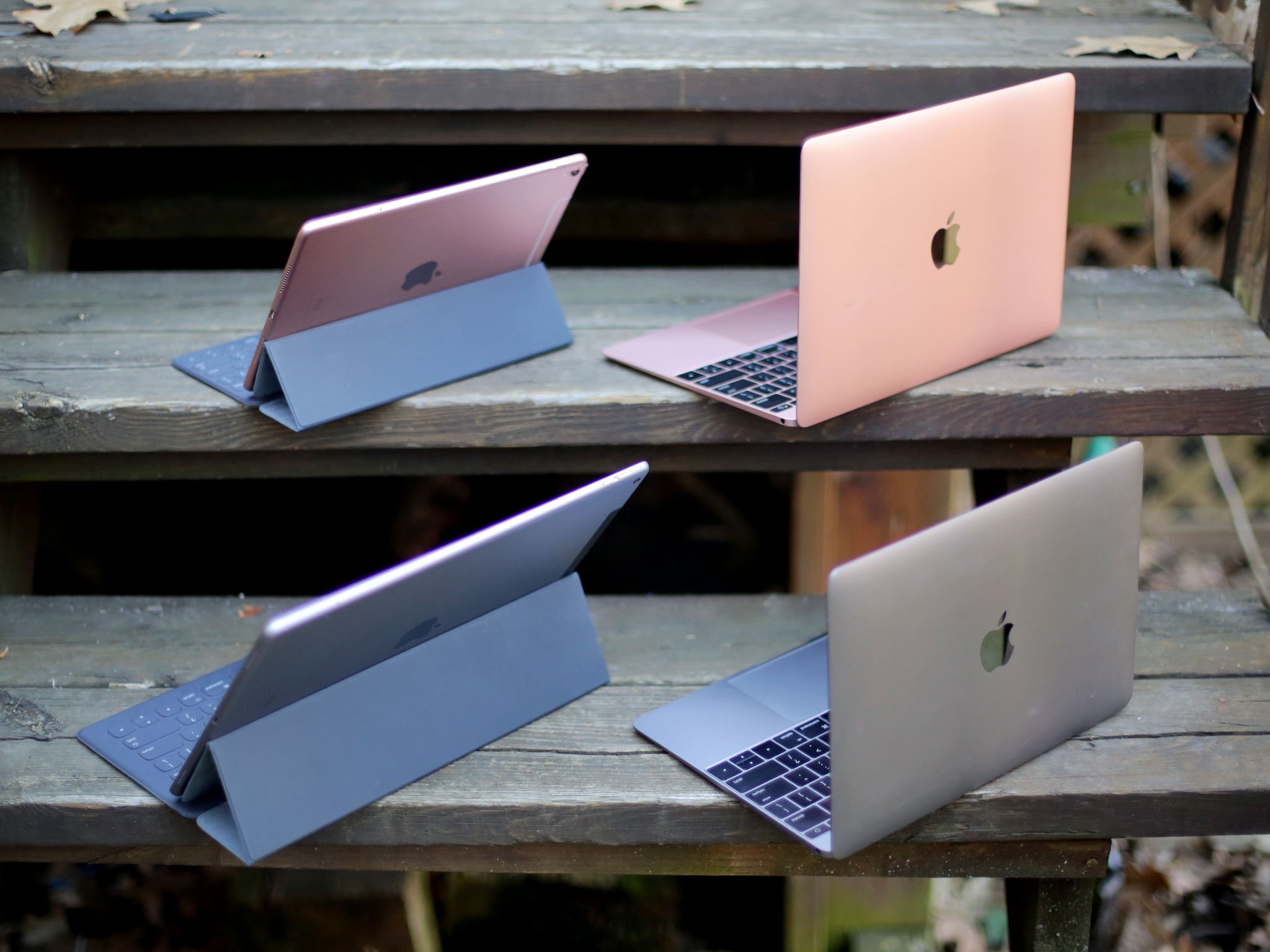An Apple ][ for the 21st Century

The Apple ][ and it's descendants, the ][+, ][e, ][c and, ][gs), through educational software and the bundled AppleSoft programming language, taught many of us what a computer was and how it could benefit us. It wasn't a computing appliance. You had to put it together, even open up the lid to do things such as add circuit boards — or cards, as they were called — for printing, connecting to a monitor, or upgrading memory. It was a magic box that, in the right hands, could do anything. And many of those "right hands" were the hands of students.
I don't lament the demise of the Apple ][. Today's current crop of Apple Macs and, iPads are infinitely more powerful, and do things that in the 80's we're as realistic as beaming up to the starship Enterprise.
I do miss the concept, though. I miss a computing device that had to be assembled. One where you needed to know where the pieces and parts went, and how they worked together. The ability to explore new operating systems, programs, and even programming languages for those interested. It's an experience no iPad, no matter how powerful, can deliver.
Enter the Kano
As I started this column, I discovered a small company called Kano. It was founded with a challenge by a six-year-old and began life on Kickstarter. The vision was to create an education computer kit, for kids or anyone with a curious mind, so that they could "build" a computer and learn the basic principles of coding.
I've been using a Kano for a bit, and I think it's brilliant — arguably the heir to the Apple ][. The kit is built around the wonderful Raspberry Pi, the tiny computer smaller than a deck of cards. The kit comes with latest model 3, a case to hold it, a speaker add-on, a wireless keyboard/trackpad as well as an HD monitor. All cables included, of course.
Assembling the computer was not only a breeze but a lot of fun. It's no harder than putting a Lego set together but much more satisfying.
At the heart is Kano's OS. It comes on a bootable micro SD card that delightfully engages in teaching basics of programming through programs like Minecraft. But the fun doesn't stop there. Like the Apple of earlier generations, the Raspberry Pi is infinitely customizable. Grow beyond the basics of the Kano system? Turn your little Kano computer into something more sophisticated by downloading the Noobs OS. Or something more fun, using the Retro Pi emulator. It's simple to create new operating environments with micro SD cards, as well as add a whole host of hardware accessories for fun. Along the way, you get to understand the magic of how a Mac or iPad works, and have a great time doing so.
Master your iPhone in minutes
iMore offers spot-on advice and guidance from our team of experts, with decades of Apple device experience to lean on. Learn more with iMore!
The folks at Kano have taken a wonderful tool in the Raspberry Pi, and created something just as wonderful from it. They've also just announced 3 new products: A speaker, a camera , and a Pixel Kit. All now being funded on Kickstarter.
Computing non-appliances
I doubt the Kano will replace anyone's current appliance computing device. But it can also give an experience beyond any appliance. It's a tool that can be used "as is" but, more importantly, it can spark the imaginations of students of all ages to ask "what if?"
And I can't wait to see what this generation of digital explorers bring to the next.
I’ve covered the personal technology beat for more than two decades at places like Gartner, Jupiter Research and Altimeter Group. I’ve also had the fun of contributing my $.02 on the topic at Computerworld, Engadget, Macworld, SlashGear and now iMore. Most recently I spent a few years at Apple as Sr. Director of Worldwide Product Marketing. On Twitter I’m an unverified @gartenberg. I still own some Apple stock.

